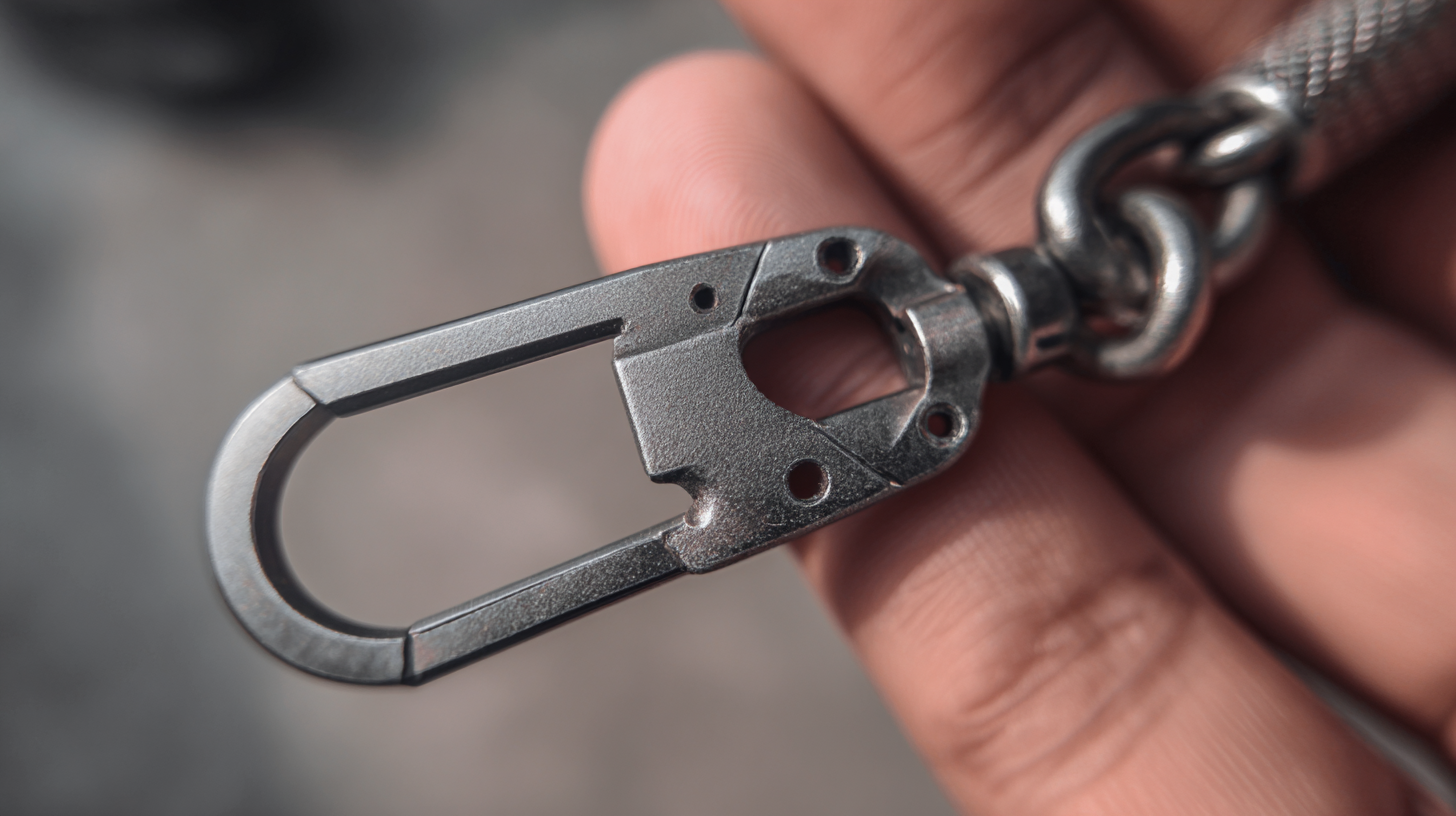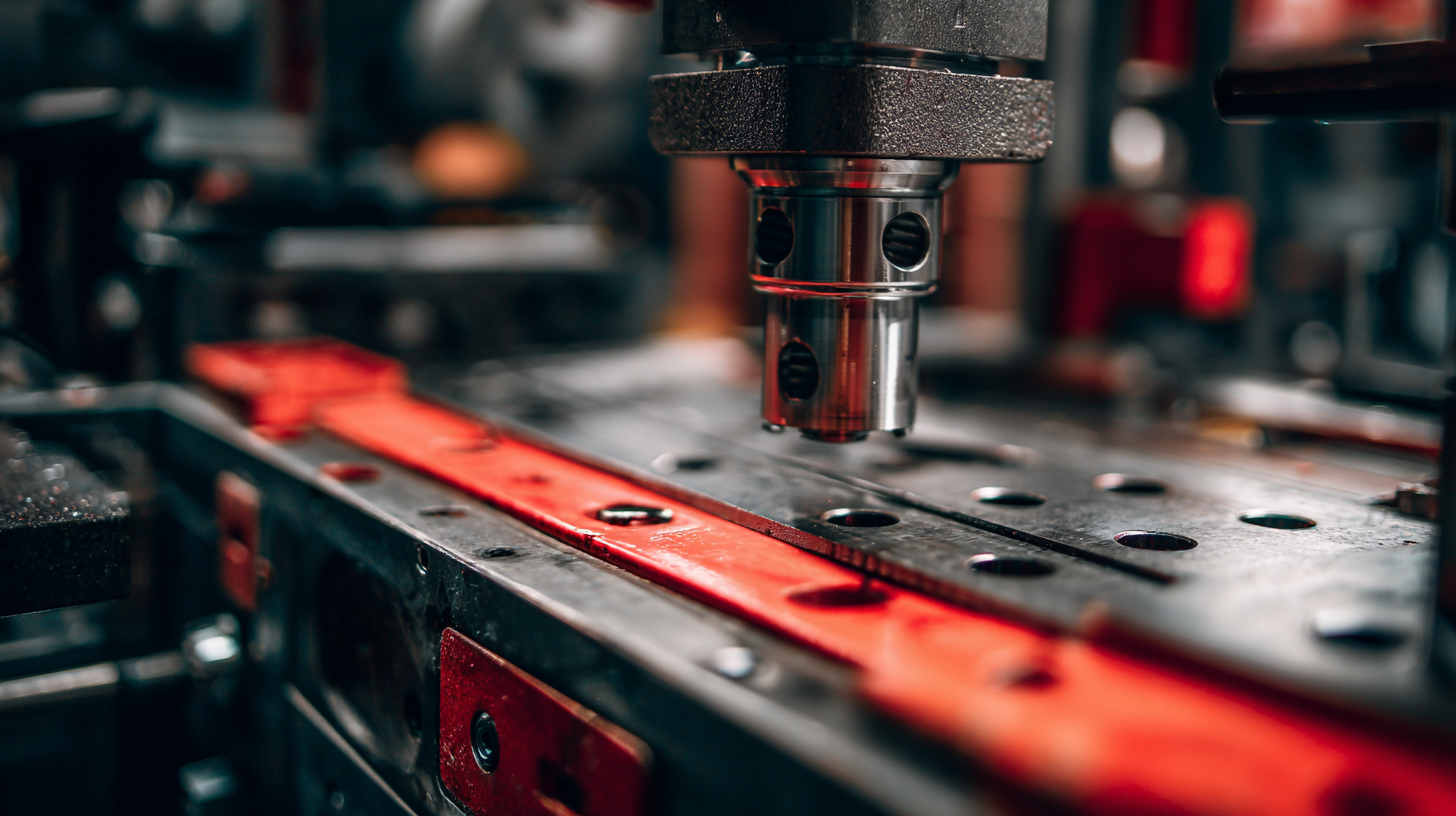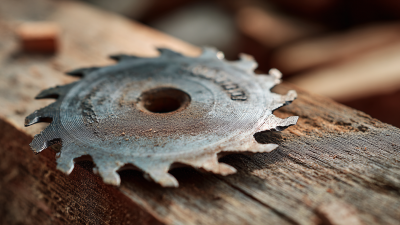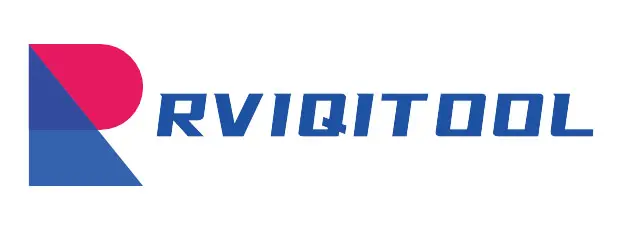In today's rapidly evolving industrial landscape, the versatility and innovation of tools play a crucial role in enhancing productivity and efficiency across various applications. Among these essential tools, the Metal Hole Opener stands out as a transformative solution that caters to diverse needs, ranging from construction to manufacturing. This article delves into the multifaceted uses of Metal Hole Openers, highlighting their adaptability and superior performance in tackling intricate tasks. By exploring their various applications, we uncover how these tools facilitate precision engineering, contribute to cost savings, and ensure high-quality outcomes in modern projects. As industries continue to seek innovative solutions, understanding the potential of Metal Hole Openers becomes imperative for achieving operational excellence and maintaining a competitive edge.

When selecting the right metal hole opener for your project, it's crucial to consider several factors that can impact the results of your work. First, assess the material you will be drilling into, as different metals require specific types of hole openers. For softer metals like aluminum, standard twist drills may suffice, whereas harder alloys might necessitate specialized carbide-tipped or cobalt drill bits to ensure precision and minimize wear.
Another key consideration is the size and type of hole you need. Hole saws are ideal for creating larger openings, while step drill bits allow for gradual increases in hole size without needing to change tools. Additionally, consider the thickness of the material; thicker materials will require more robust tools. By aligning your project requirements with the specifications of various metal hole openers, you can achieve optimal results and enhance the efficiency of your workflow.

Metal hole openers are essential tools in the modern construction and installation landscape, particularly for pipe and duct systems. These tools allow for precise and efficient creation of holes in various materials, enabling streamlined installation processes. When conducting pipe installations, using metal hole openers ensures that the holes are accurately drilled to the required diameter, minimizing the risk of misalignments and costly errors. This precision not only enhances the overall integrity of the installation but also facilitates better flow rates within the pipes, crucial for maintaining system efficiency.
Moreover, metal hole openers are designed to handle tough materials, making them ideal for ducts that require secure fittings and proper air flow. This adaptability allows professionals to employ these tools in a range of applications, from HVAC installations to plumbing systems. Their innovative design often includes features that reduce wear on the tool and the surrounding materials, resulting in cleaner cuts and less debris during installation. By utilizing metal hole openers effectively, contractors can achieve faster installation times and ensure high-quality results for their projects.
Metal hole openers have revolutionized automotive repair and maintenance, providing professionals with enhanced efficiency and precision. In the context of automotive applications, these tools are essential for creating accurate openings in various materials such as steel, aluminum, and composites. By selecting the right size and type of hole opener, mechanics can ensure that components fit perfectly, enhancing the overall assembly and reducing the risk of damage during installation.
Implementing metal hole openers in repair and maintenance processes involves several key steps. First, it is crucial to assess the specific requirements of the task at hand, including the material and thickness involved. Once the appropriate hole opener is selected, mechanics should follow best practices for operation, including proper speed and pressure settings, to maximize tool life and achieve clean cuts. Additionally, regular maintenance of hole openers ensures consistent performance, reducing downtime and supporting smooth workflow in automotive workshops. This innovative tool not only streamlines various tasks but also empowers technicians to deliver high-quality repairs with confidence.
When utilizing metal hole openers, enhancing safety practices is paramount to prevent workplace accidents and ensure effective operations. According to a report by the Occupational Safety and Health Administration (OSHA), improper use of drilling tools contributes to over 30% of hand injuries in manufacturing environments. To mitigate these risks, it is crucial to provide comprehensive training to operators on the correct use of metal hole openers, along with the significance of personal protective equipment (PPE).
Moreover, the implementation of regular maintenance protocols can significantly reduce hazards associated with tool wear and malfunction. A study from the National Institute for Occupational Safety and Health (NIOSH) emphasizes that tools maintained in optimal condition are 50% less likely to cause accidents. Additionally, adopting advanced features such as built-in safety guards and automatic shut-off systems can further enhance the safety of metal hole openers, ensuring that operators can perform their tasks with minimal risk. Properly addressing safety concerns not only protects workers but also enhances overall productivity and efficiency in modern applications.
| Application Area | Innovative Use | Safety Practices | Effectiveness Rating |
|---|---|---|---|
| Construction | Creating precise holes in metal beams | Use personal protective equipment (PPE) | 8/10 |
| Automotive | Modifying engine components | Ensure stable work surface | 9/10 |
| Aerospace | Drilling holes for lightweight components | Conduct regular tool maintenance | 7/10 |
| Manufacturing | Fabricating parts for machinery | Implement lockout/tagout procedures | 8/10 |
| Crafting | Artisanal metalwork designs | Use protective eyewear | 8/10 |
 Maintaining and caring for your metal hole openers is essential for ensuring their longevity and optimal performance.
Regular cleaning after use is crucial; debris and metal shavings can accumulate in the cutting edges and lead to corrosion over time.
A simple scrub with a wire brush and warm, soapy water can eliminate most residues.
Always ensure the opener is completely dry before storage, as moisture can induce rusting, especially on uncoated surfaces.
Maintaining and caring for your metal hole openers is essential for ensuring their longevity and optimal performance.
Regular cleaning after use is crucial; debris and metal shavings can accumulate in the cutting edges and lead to corrosion over time.
A simple scrub with a wire brush and warm, soapy water can eliminate most residues.
Always ensure the opener is completely dry before storage, as moisture can induce rusting, especially on uncoated surfaces.
Moreover, proper storage plays a vital role in extending the lifespan of your tools.
Keep metal hole openers in a designated tool chest or a protective case to prevent physical damage.
Using rust inhibitors or protective oils can also provide an additional layer of defense against oxidation.
Regularly check the cutting edges for any signs of wear or damage.
Sharpening them as needed will not only enhance their cutting efficiency but also reduce the risk of breakage during use.
By following these maintenance tips, users can greatly enhance the durability and functionality of their metal hole openers.







